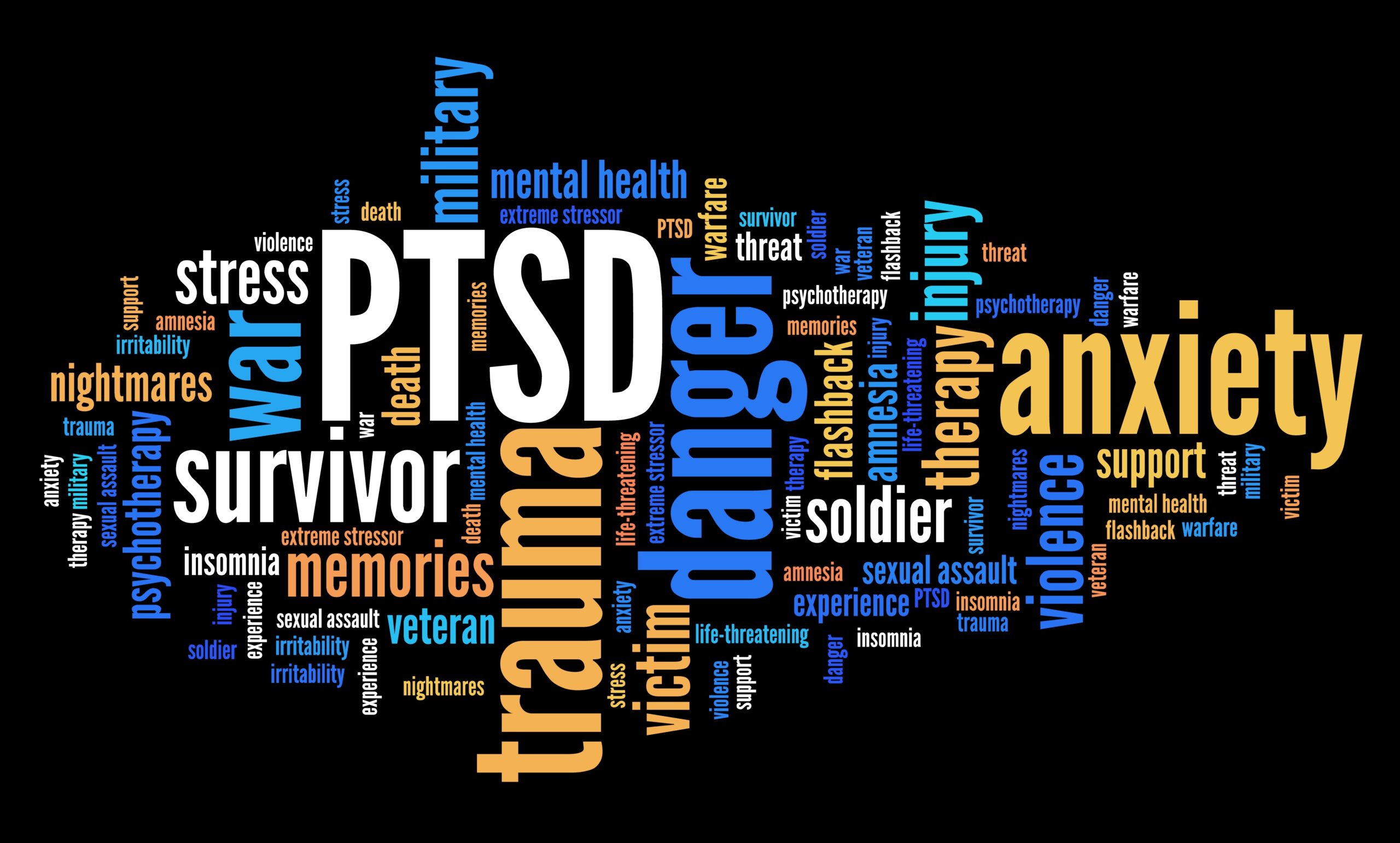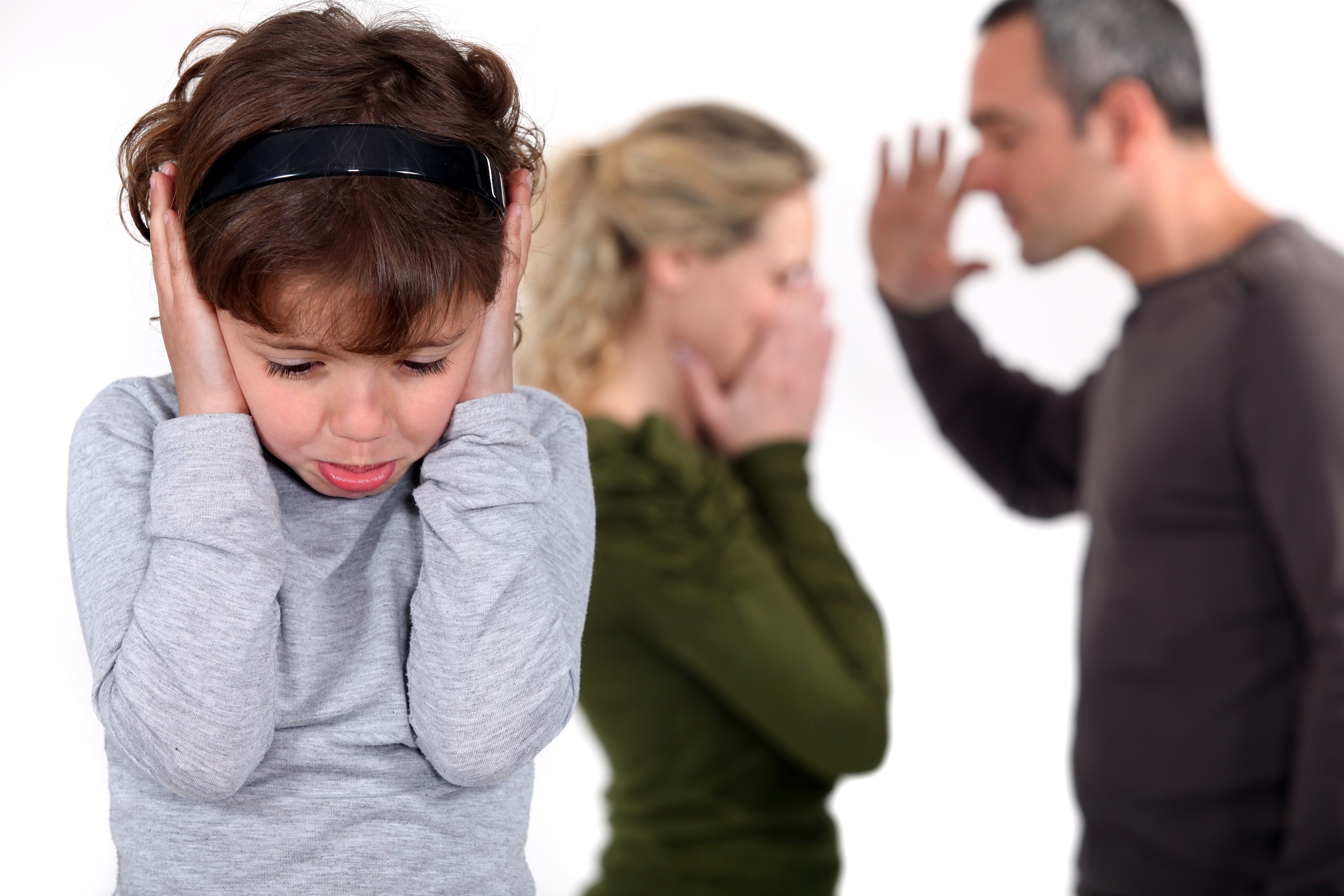What is Trauma? Posttraumatic Stress Disorder (PTSD)? Complex PTSD?

Most people associate trauma or PTSD with soldiers or war. The truth is trauma can be experienced anytime you feel your sense of safety is seriously threatened. This can be the result of a single traumatic event such as an assault, an accident, or natural disaster. It can also be a bad relationship break up, witnessing a crime or accident, or experiencing the sudden death of a loved one. You may even experience symptoms of trauma when someone close to you has experienced one of these events. Complex PTSD is when a trusted individual, usually a caregiver or partner, has hurt you repeatedly over a long period of time, often for months or even years. Complex PTSD can result from physical abuse, sexual abuse, psychological abuse, verbal abuse, or even childhood neglect by a trusted and/or loved important figure in your life. Some common symptoms of trauma include:
- Intrusive thoughts.
- Nightmares.
- Flashbacks to the event or time you learned of it.
- Nervousness or feeling like you’re always unsafe.
- Avoiding people or places that remind you of the event.
- Difficulty in your relationships at work or at home.
- Increase use of drugs, alcohol, food, shopping, gambling, or other behaviors to “feel better” temporarily.
- Increase in risk taking behaviors.
- And many more…
Complex PTSD includes many of the above symptoms but can also include others. Complex trauma may stay “hidden or suppressed” for years. Then without warning an individual may begin to experience symptoms. Because many of the events from complex PTSD happen during childhood it can impact the development of a child’s brain, and result in additional symptoms or experiences possibly including:

- Wide unpredictable emotional swings.
- A history of difficult relationships.
- An inability to trust others or form healthy relationships.
- Anger outbursts or difficulty controlling anger.
- History of substance abuse or other unhealthy self-soothing behaviors.
- Tolerating repetitive abusive relationships.
- Isolation or avoidance of people or relationships.
- “numbing” or dissociation where we disconnect or zone out.
- A history of diagnoses or behavior “issues” since childhood.
- Feelings or “worthlessness” “being defective” “not good enough” or “a bad seed.”
It’s important for you to know there is nothing “wrong” with you. You didn’t cause this and there is nothing you could have done to prevent it. What you are experiencing is a result of “what has happened to you”. You did what you had to do to survive at the time. That was adaptive and allowed you to get to the point in life where you could access help! We give you skills and tools, that lead to new thoughts and beliefs, and behaviors that support the life you want. Help is available so you can get your life back!
What is Trauma Treatment?

As a Certified Clinical Trauma Professional II, I use an integrated approach to address various symptoms. I may include DBT, Internal Family Systems, EMDR, CBT, ACT, as we approach different aspects of your trauma therapy. Your brain was not able to process the event(s) and the sensations of fear remained in your body which is why you find yourself fearful or triggered in certain situations or with certain people. Your brain is sending you a “danger” signal and you are compelled to act to ensure your survival. The problem occurs when the brain “fools us” into thinking situations are dangerous when they really are not, but we can no longer tell the difference. The brain generalizes our trauma experience to new “safe” situations when it picks up on a smell, sound, body sensations, or some “reminder” of our trauma – immediately thinking we are back in the traumatic situation. You don’t have to continue to suffer! Help is available. You have every right to live the life you really deserve!
We may live for years, even decades, without our past experiences causing chaos in our lives, believing we have moved past it all. However, when the brain determines it is time to face the past, symptoms get worse until we listen to what they are saying. The body needs help, and we cannot keep ignoring the past any longer. Research shows exposure to multiple adverse childhood experiences can increase our chances of heart disease, cancer, respiratory diseases, gastrointestinal diseases, and many more life changing ailments.
When the body demands you pay attention to your trauma, it is time for you to finally heal. The only way past the trauma is to go through it, process it, create new beliefs about yourself, and new meaning for you to heal and move forward in life. I have not only helped others, I have walked this journey myself. I know how hard and terrifying it is to face the past. I can only assure you; the healing journey is well worth the outcome! We do not have to allow the past to control us for one more minute. A better future is ours. We can heal! Let’s get started on your healing journey today!
More information can be found at the Trauma Research Foundation
